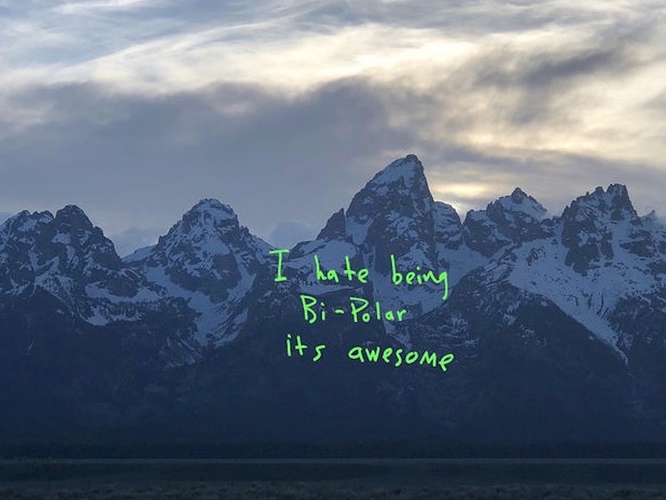In the web magazine Real Life, David Turner examines how the growth of streaming music services has fundamentally transformed the nature of fandom. In a previous era, the experience of being a music fan revolved around album releases and tours. But now, fans are more likely to engage with their favorite artists through social media, and the release of new music becomes an endless PD campaign. As Turner argues, this new form of fandom gives streaming music services and social media platforms disproportionate control over the experience of being a fan—from which they profit handsomely. Here’s an excerpt:
Fandom in 2018 has evolved beyond the need to buy physical albums or digital files. Social media opens up nearly endless ways to engage with an artist: following their tweets or Instagram stories, or watching them goof around on Twitch. Kanye West’s GOOD Friday series helped build on organic developments in music fandom, wherein fans of the same artist could form a networked community, uniting on forums and gathering digital files to share, and upped the ante. Community can’t meaningfully grow without new content, and that content can be teased and promoted in ways that play directly to fan dynamics. The music industry adjusted and further monetized this model, where a subscription, not a concert ticket or a boutique record store, allows one to enter into a fan community.
With a surplus of music available, the “community” itself, or rather the sense of oneself as participant, is increasingly the point. The walls around genre and niche have crumbled, only to be replaced with credit card transactions. The hunt for a “Song of the Summer” — a popular song that one won’t be able to escape during the warm months of the year — is a long-standing tradition that has been lately commodified into an endless content creation race. Billboard even dedicates an entire chart to the “official” most popular song of the season. This takes the streaming-first mode of music appreciation to the next level: fans aren’t rallying around an artist, or a cluster of artists, but an ephemeral zeitgeist, into which any artist could possibly fit.
Image: Cover of Kanye West’s 2018 album Ye. Via sohh.com.
